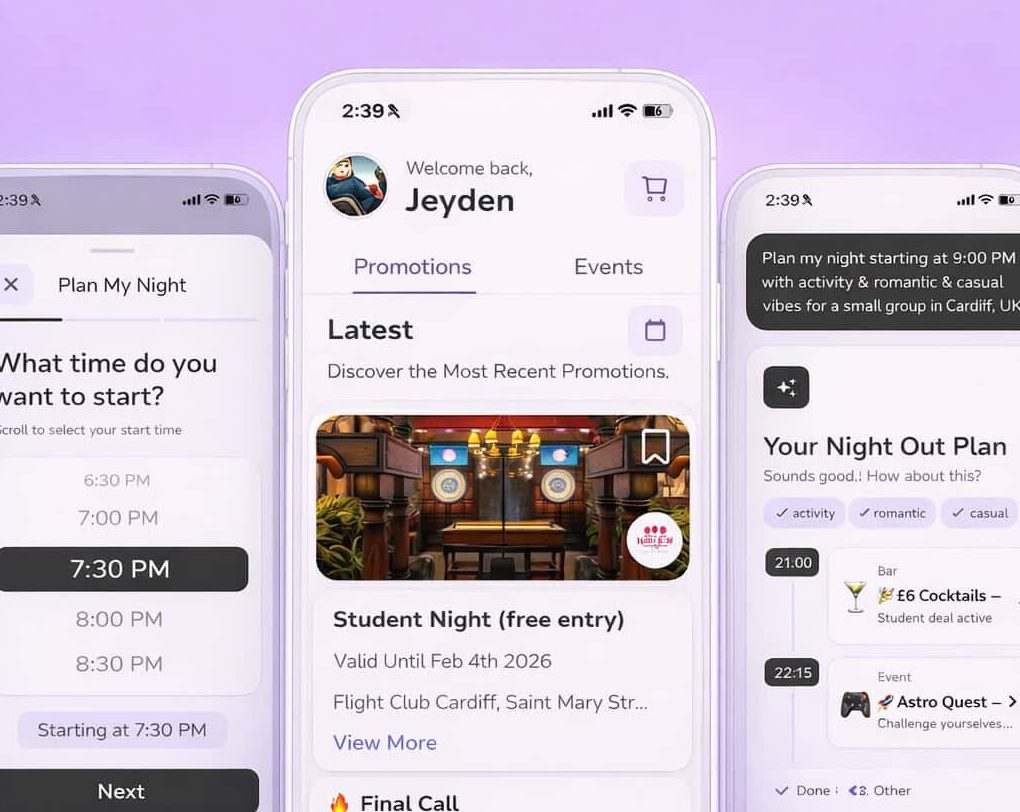by Maja Metera
“WE ARE LIKE THE GILMORE GIRLS BUT WITH BIGGER BOOBS”
ÔÿàÔÿàÔÿà
This new Netflix show follows vicissitudes of a 30-years-old mother ÔÇô Georgia, and her teenage daughter Virginia (Ginny). Georgia is a fair-blond, vigorous, funny woman with a strong Alabama accent who has run away from her family house at the age of 14 and got pregnant soon afterwards. Ginny couldn’t be more different from her mom ÔÇô black, shy, smart and loves to read. Their family of three ÔÇô as later on in life Georgia had her son Austin with another ÔÇÿfling’, have just moved to a small town outside Boston to start a new life. Kids start going to a new school. He was a boy, she was a girl. Can I make it any more obvious? Sounds familiar? For anyone who has seen at least the first episode of 2001 series Gilmore Girls ÔÇô it should. They even have a favourite diner run by a guy who doesn’t wear suits. Come on!
“Does he have a motorcycle? If you’re gonna throw your life away ÔÇô he better have a motorcycle!” ~ Lorelai Gilmore, s01e01 (SPOILER ALERT ÔÇô in G&G, he does.)
Already during the writing process, the new production has been compared to the heart-warming creation of Amy Sherman-Palladino, also based on a relationship between a young runaway mother and her witty, teenage daughter struggling through new school, first love and sexual experiences. I have even let myself prepare a small table for you to see that most of the characters have been inspired by either one or two of those written by Palladino.
| Ginny and Georgia | Gilmore Girls |
| Virginia (Ginny) | Lorelai (Rory) |
| Georgia | Lorelai |
| Zion | Christopher |
| Maxine | Lane + Paris |
| Abby and Sophie | Madeline and Luise |
| Joe | Luke |
| Hunter | Dean + Paris |
| Marcus | Jess |
I honestly wouldn’t mind another version of the Gilmores if only it was done right. I am aware that the show I have seen around four times (at least) is not without problematic scenes for today’s society as it was produced at the beginning of this century. However, it is not well-written, trying to copy its nature was bound to be a fail. Nonetheless, creators of Ginny and Georgia definitely wanted to make it very politically correct and inclusive. We have gay adults and teenagers, people of various ethnicities, a deaf dad to whom his family signs and the show also highlights that therapists are people and have problems too.
A lot of the series’ runtime was devoted to talking about race, microaggression and institutional racism. Given that Ginny is biracial, she feels like she is not white enough and not black enough to belong in any of the boxes. I think scenes showing people making assumptions about her ÔÇô like that she’s a thief, or not being able to work with her hair, are a huge plus as they show that ÔÇÿvoting for Obama’ does not mean you never act racist and that we still tend to think about society in terms of “us” and “them”. And that is not fair.
“I had sex because I was horny” ~ Ginny
On top of that, the dialogs just kick rape culture out of the picture and replace it with sex and body positivity. They show the need for aftercare as well as consent and saying ÔÇÿno’ as normal, integral parts of sex life. The erotic scenes even give a high five to pubic hair and normalization of cunnilingus. Girls talk about being ready to get intimate with new partners ÔÇô no matter their previous experiences or lack of thereof which shows that just because a person had sex once does not mean they want to do it again.
Then why didn’t I enjoy the show?
First of all, I am mad that in all of their open-minded approach, the producers forgot to include a trigger warning (like one below) at least at the beginning of the first episode or in the description.
TW: SELF-HARM, ED, SEXUAL ABUSE
“Of course I hurt myself. When you don’t have a voice ÔÇô you need to scream somehow” ~ Marcus
No matter how captivating the plot or how great the romance is ÔÇô the experience of watching Ginny and Georgia is emotionally draining. They did not do an awful job at portraying self-harm and a distorted relationship with food. They included them as a part of the way the people are ÔÇô it proved that depression is not always sadness and staying in bed, and that having an eating disorder doesn’t have to mean skinny enough to show bones. However, PTSD is what fuels the crime and murder in the episodes and I do not like that. I don’t like that there is a case of murder in this series to begin with.
Netflix has shown its full potential ÔÇô to make a wonderful series and to mess it up. I think that they had too many ideas which led to a situation similar to what happened with Riverdale, making the viewer question whether it is worth watching at all. Trying to discuss mental health, race, feminism, mixing genres of a consoling vibe of a small town world and of crime and power: it was too much for ten episodes. Therefore, despite some great one-liners and even greater intentions of the creators ÔÇô I would not watch it again.


